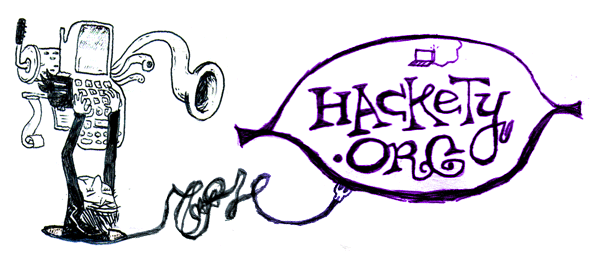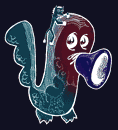Picture Shoes

Sorry, the Shoes repo is pure shrapnel right now. I suck!
On with the lesson. It seems like a big part of knowing HTML involves background image hacks. Take the above window. The gradient has to tile and reposition against the window edges. That’s going to take some work!
To make this stuff easier, I wanted Shoes to allow stacks and flows to each have multiple backgrounds. And for backgrounds to simply be pattern elements that can be resized and individually positioned.
The shade edge in the above window has five images involved. The top side, the left side, the right side, and the two corners.
Shoes.app do
background "static/menu-gray.png"
background "static/menu-top.png", :height => 50
background "static/menu-left.png", :top => 50, :width => 55
background "static/menu-right.png", :top => 50, :right => 0, :width => 55
image "static/menu-corner1.png", :top => 0, :left => 0
image "static/menu-corner2.png", :top => 0, :right => 0
# ... form stuff here ...
end
Oh, wait, six images. The plain gray in the back.
Take a look at these. With the sides of the app, I’m able to limit the widths and heights of the backgrounds to get them to repeat only within a certain size.
And, like HTML, you can specify a right offset rather than a left, if you want the image or background to stay against the right size.


zerohalo
Nice. Do all these images float and therefore affected by each other, or does it use absolute positioning? How about an option for either one?
_why
Well, Shoes doesn’t use the notion of “float” like CSS does. The images do change position as the window size changes, if that’s what you’re asking. They are absolutely positioned, albeit against different origins.
You could also accomplish this layout by using a
flow. It’s sort of like floating, in that all the elements fill in space horizontally before moving down. So, the top side would be three images:corner1.png,top.pngandcorner2.png. The widths of these three images would have to be:55,-110and55. The-110means expand to 100% minus 110 pixels.So, some things are obviously taken from HTML, but other things stem from ideas I had while working on HTML that just wouldn’t do what I wanted.
datatec
_why could you provide the 6 images you used? It would really help with understanding. [And in my case debugging my misunderstanding :) ]
dan
Why not just allow for gradients to be specified directly, instead of using pngs to simulate them?
_why
datatec: They are checked into Subversion. See
samples/form.rb.dan: Sure, you could do that once I get the patterns stuff done. I don’t know, maybe sometimes programming a gradient is harder to get perfect when compared to just painting it.
Campzilla
Maybe you could use one image and specify widths/heights for the outside non repeating bits.
Shoes.app do background "little_bacground.png", :top_rect => 50, :left_rect => 55, :bottom_rect => 0, :right_rect => 55 endIt’s nothing some ASCII art couldn’t explain!
sdfdsfsdfdsf
dsfdsdfsdsdfdsdf
Comments are closed for this entry.